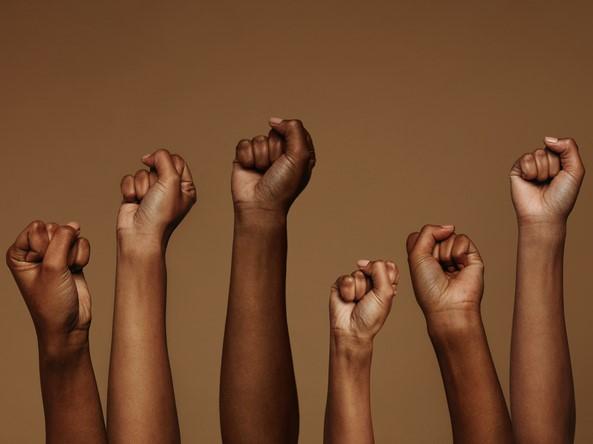
Five ways coaching can improve the university experience of Black students
Despite institutional measures to address disparities in the award of “good” degrees, such as Access and Participation Plan (APP) interventions and Race Equality Charter (REC) action plans, the gap between racially minoritised students and white students remains. Between 2019-20 and 2020-21, the gap between them had decreased from 10.8 percentage points to 9 percentage points. However, more recently, this gap returned to pre-pandemic levels, rising to 10.7 percentage points in 2021-22.
Against this backdrop, the awarding gap is even worse for Black students when compared with their white peers, with an average gap of 19.3 per cent and up to 30 per cent at some institutions, according to the UAL Ethnic Representation Index 2023. The disparity between white and Black female students is 19.5 per cent, compared with 22 per cent for white and Black male students, data shows. Interventions and strategies to tackle this gap range from racially minoritised student advisory panels harnessing student voice; revising curricula; implementing decolonised reading lists; increasing the prominence of personal tutors and their role in providing targeted pastoral support and addressing awarding gaps through assessment design, to mention a few.
Coaching, as a form of development and empowerment, can play a crucial role in supporting Black students and helping them to navigate university studies, along with the challenges and opportunities that arise. But, importantly, it can also address awarding gap disparities. Research has already demonstrated the impact coaching offers Black students in self-reported behaviour changes, such as self-confidence and self-efficacy.
The primary goal of teaching in higher education is to support all students in achieving and thriving. However, due to the differing outcomes and significant impacts of the awarding gap over time – such as disparities in graduate outcomes and the ethnicity pay gap – we need to develop targeted strategies for Black students. If we’re going to tackle the awarding gaps, coaching is crucial, along with addressing the structural and institutional factors that contribute to these disparities. It can also enhance the students’ overall experience.
Here are five ways that coaching can positively impact the outcomes for Black students:
- Placing Black students at the helm of uncovering their own solutions to the issues they face, using coaching questions, helps to build confidence and self-efficacy. This can facilitate students’ own action-orientated skills, such as decision-making, problem-solving and visualisation of goals.
- Black students can develop a strong sense of ownership and accountability for their studies and their learning approaches through coaching. In this respect, coaching can be embedded within the curriculum, through lecturers adopting coaching approaches to supporting students in teaching and learning. Coaching can be embedded on a co-curricular and extracurricular basis by institutions, in addition to structural interventions.
- Where Black students have experienced discrimination and anti-Black racism at university or within their student accommodation, coaching can help to develop coping skills to manage, combat and navigate the experiences that they face. Coaching can develop essential strategies, including promoting a sense of agency, building resilience and enhancing well-being.
- Where Black students are the first in their families to go to university, coaching can be a practical resource and approach to talk through their feelings and experiences. This supportive and empowering outlet can positively impact continuation and progression rates, whereby Black students have someone to turn to, as and when issues arise in their university life.
- Coaching can address the specific needs of Black students when it’s culturally responsive in approach – that is, coaches reflect upon their own biases and respect the cultural backgrounds of their coaches. This can help to foster trust and a sense of belonging in students, challenge the stereotypes that are impacting them and build a safe space for dialogue.
To address the awarding gap and other disparities faced by Black students in universities, institutions should implement coaching approaches in the curriculum and co-curricular activities. This will create a supportive and empowering environment for Black students and other student groups experiencing disparities in outcomes. By training staff in coaching techniques and hiring culturally responsive coaches, as well as implementing structural and institutional interventions, universities can better support Black students to thrive in their studies.
Yaz Osho is director of academic professional development at the University of Westminster.
If you would like advice and insight from academics and university staff delivered direct to your inbox each week, sign up for the THE Campus newsletter.




